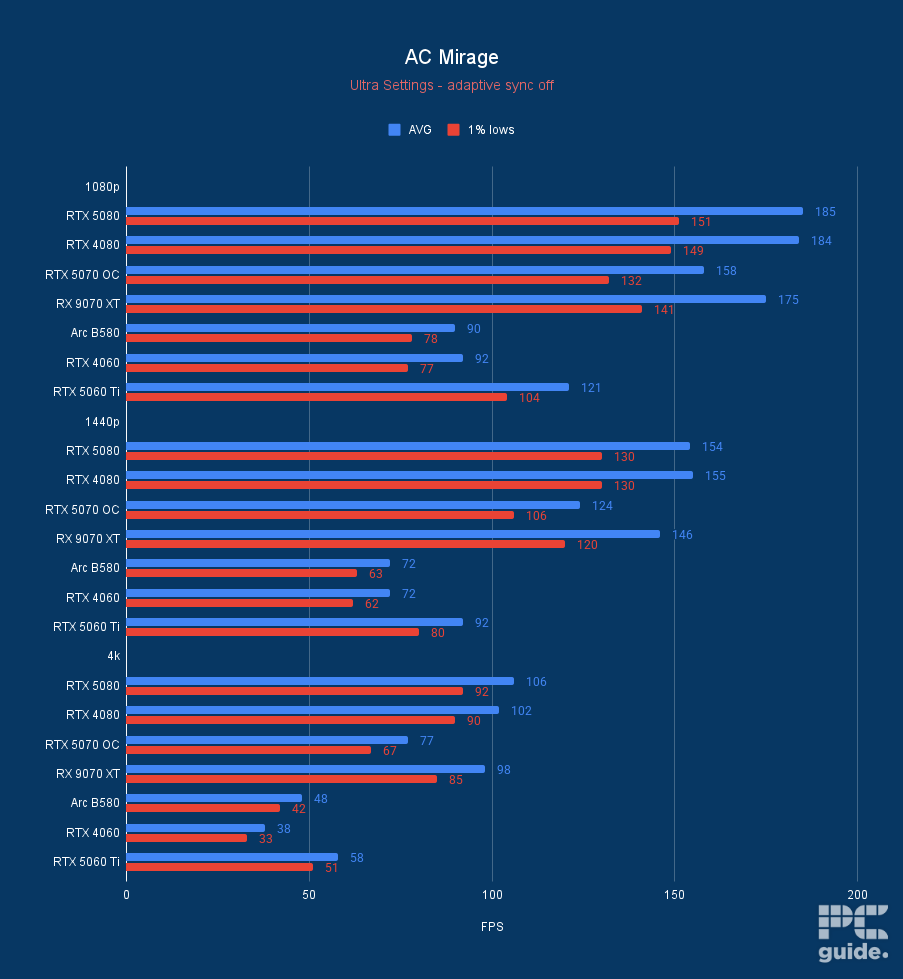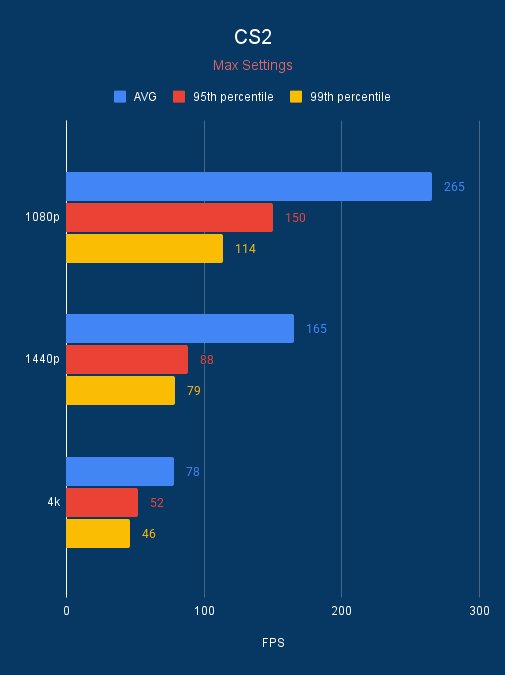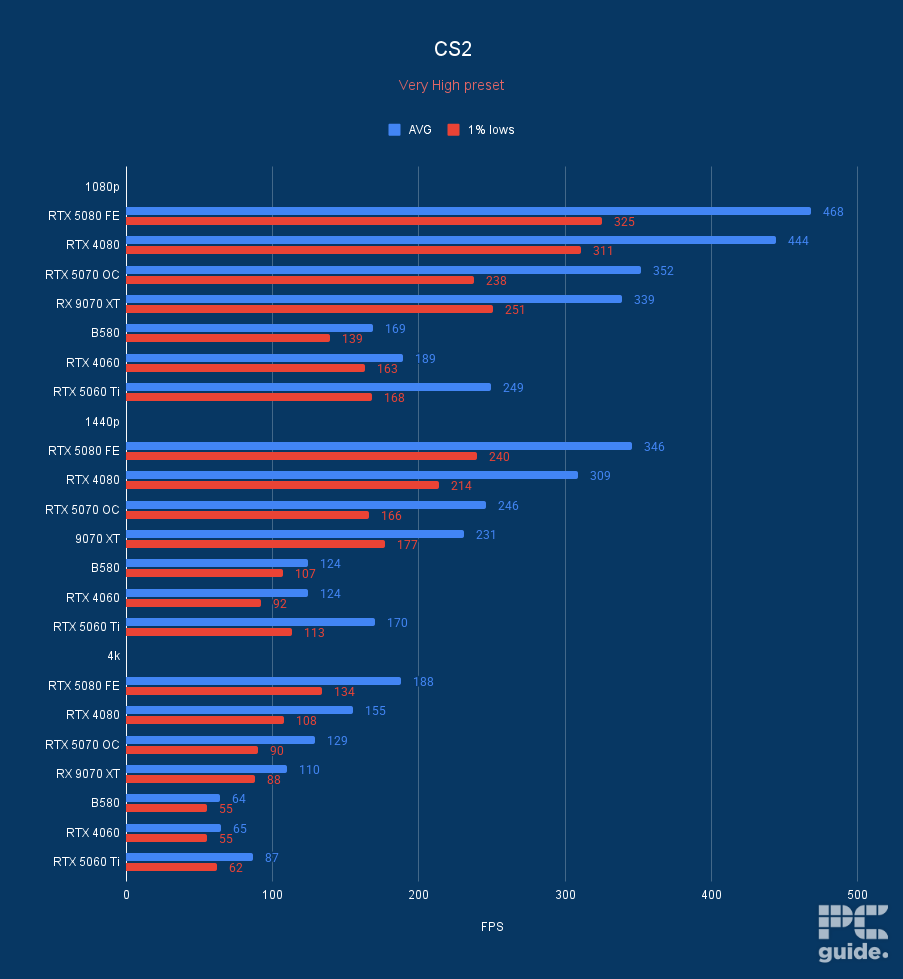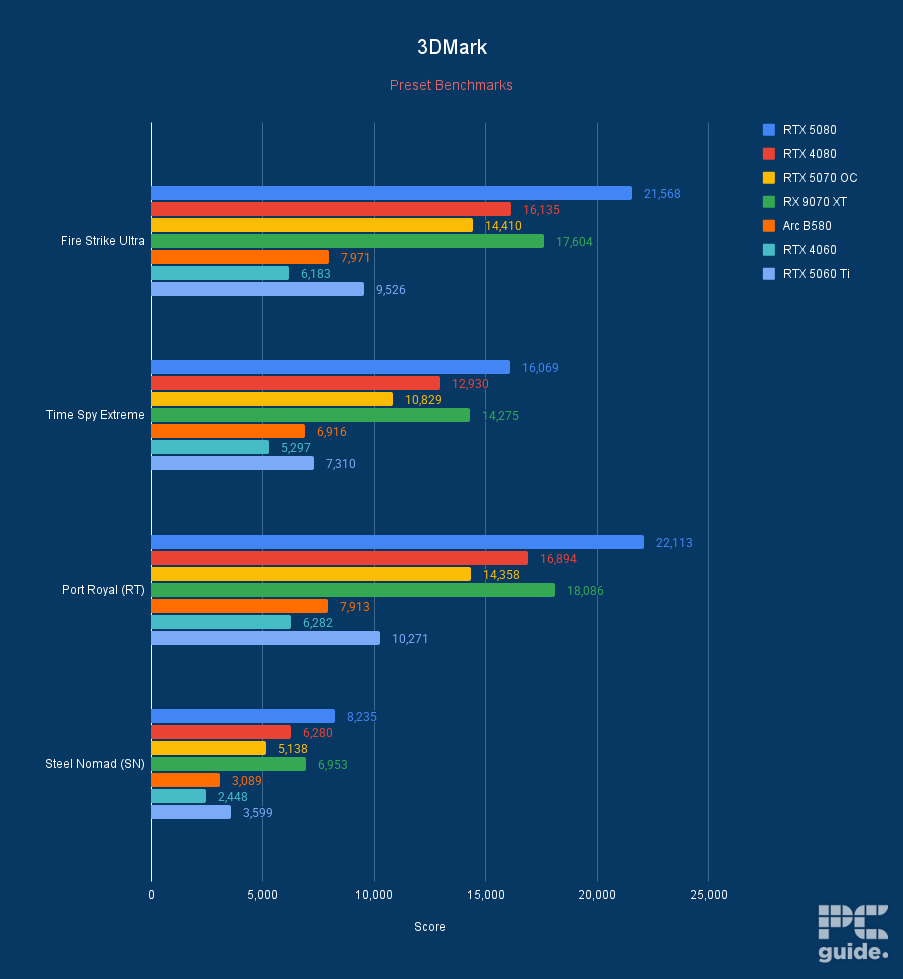RTX 5060 Ti vs RTX 4060 Ti: is it worth the upgrade?
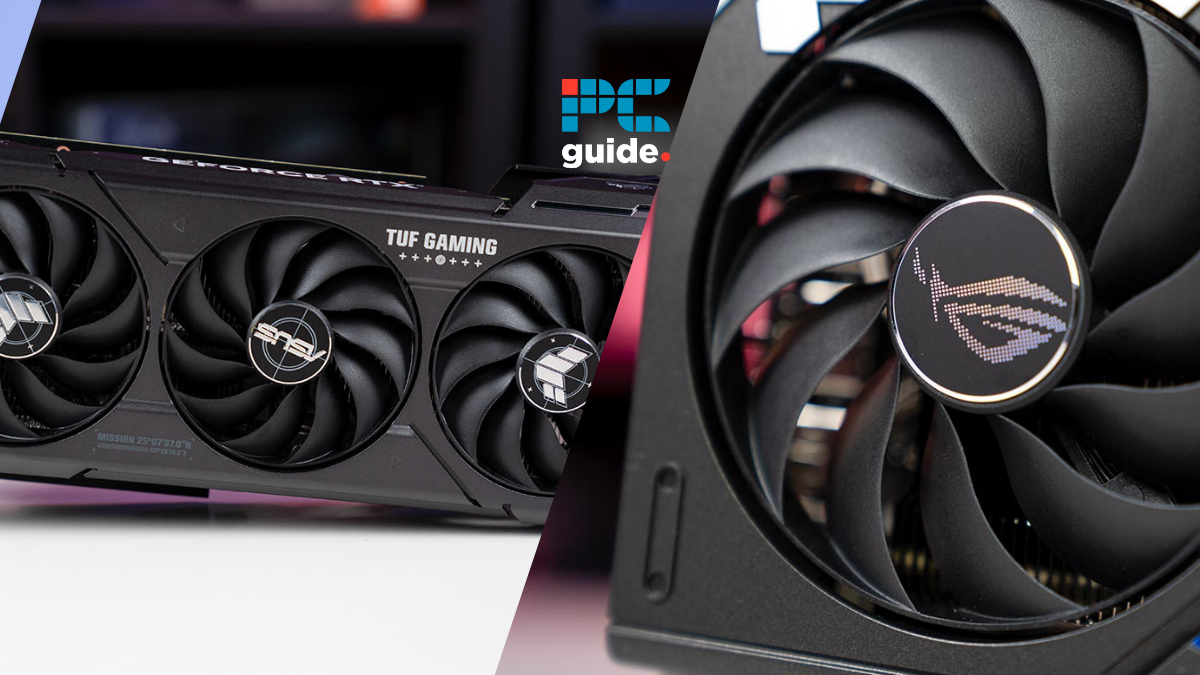
Table of Contents
Nvidia nears the conclusion of its Blackwell GPU lineup with the arrival of the RTX 5060 Ti – a GPU that goes toe to toe with one of the brand’s most popular cards in Team Green’s 40-series roster, the RTX 4060 Ti.
With the launch of the 5060 Ti, maybe the Radeon 9000 GPUs will finally have some competition at the budget to mid-range end of the market. The latest arrival is said to offer excellent 1440p gaming performance thanks to an array of new features and bolstered specs – but will it be enough to knock the brand’s incredibly popular 4060 Ti off its pedestal?
Prime Day is finally here! Find all the biggest tech and PC deals below.
- Sapphire 11348-03-20G Pulse AMD Radeon™ RX 9070 XT Was $779 Now $739
- AMD Ryzen 7 7800X3D 8-Core, 16-Thread Desktop Processor Was $449 Now $341
- ASUS RTX™ 5060 OC Edition Graphics Card Was $379 Now $339
- LG 77-Inch Class OLED evo AI 4K C5 Series Smart TV Was $3,696 Now $2,796
- Intel® Core™ i7-14700K New Gaming Desktop Was $320.99 Now $274
- Lexar 2TB NM1090 w/HeatSink SSD PCIe Gen5x4 NVMe M.2 Was $281.97 Now $214.98
- Apple Watch Series 10 GPS + Cellular 42mm case Smartwatch Was $499.99 Now $379.99
- ASUS ROG Strix G16 (2025) 16" FHD, RTX 5060 gaming laptop Was $1,499.99 Now $1,274.99
- Apple iPad mini (A17 Pro): Apple Intelligence Was $499.99 Now $379.99
*Prices and savings subject to change. Click through to get the current prices.
Well, that’s what we’re here to answer. For this comparison, we're interested in learning how the RTX 5060 Ti will fare against its predecessor, the RTX 4060 Ti. The RTX 4060 Ti came with 8GB and 16GB GDDR6 VRAM, and we've reviewed the former variant, and it showcased decent results in our 4060 Ti review.
We’ve also tested and reviewed the RTX 5060 Ti and have its performance benchmarks, which we'll use to draw a comparison and provide a clear picture of who is the winner. If you want to grab the RTX 5060 Ti as soon as it hits the shelves and are wondering where to buy it, we've got you covered.
ASUS Prime RTX 5060 Ti 16GB OC
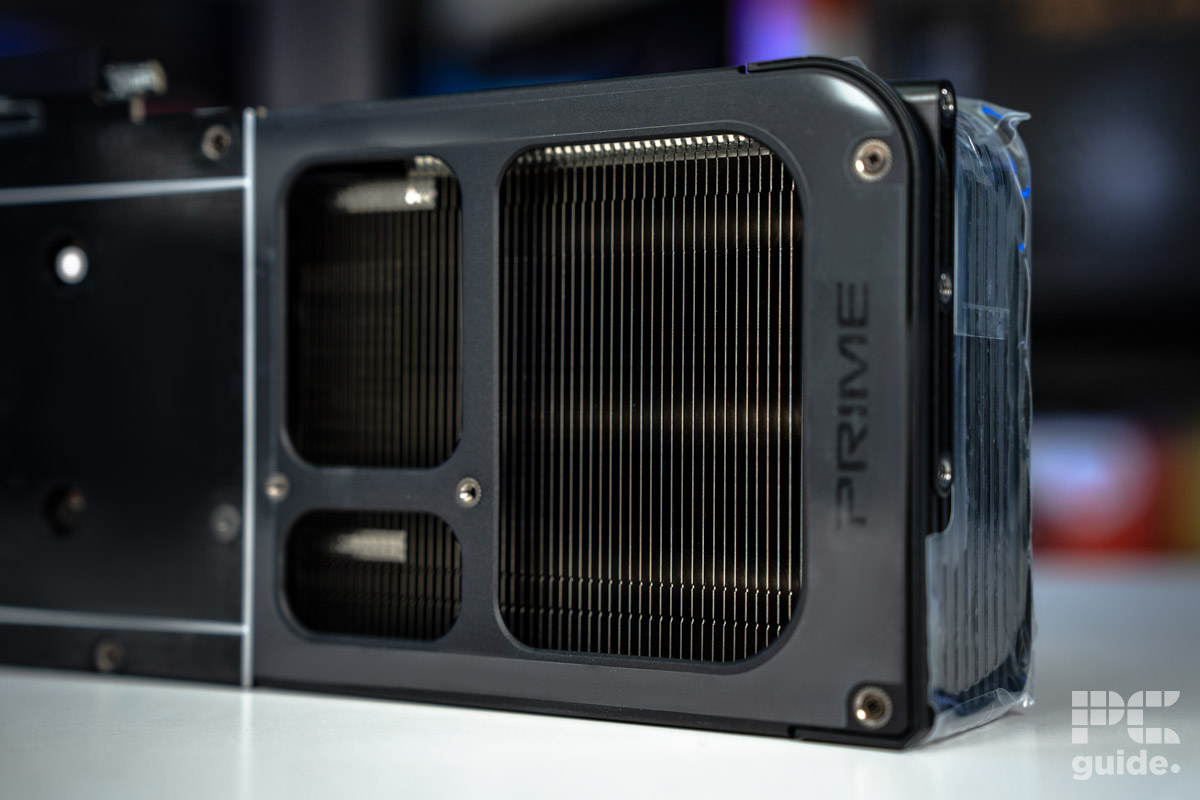
GPU
GB206-300
CUDA Cores
4,608
VRAM
16GB GDDR7
Memory Bus Width
128-bit
Base/Boost Clock
2.4/2.65 GHz
TBP
180W
Shop on Amazon
CHECK PRICEASUS TUF RTX 4060 Ti Gaming OC
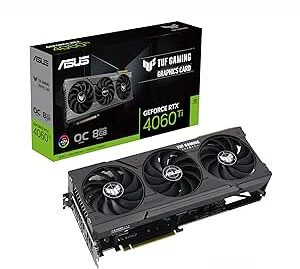
GPU
AD106
CUDA cores
4352
VRAM
8 GB
Memory bus width
128-bit
Bandwidth
288.0 GB/s
Base Clock Speed
2310 MHz
Boost Clock Speed
2535 MHz
Shop on Amazon
CHECK PRICERTX 5060 Ti vs RTX 4060 Ti specs comparison
Here’s a quick look at how these two cards stack up side-by-side.
| Specifications | RTX 5060 Ti | RTX 4060 Ti |
| SM | 36 | 34 |
| RT cores | 36 | 34 |
| Tensor cores | 144 | 136 |
| Peak AI TOPS | 759 | 353 |
| Boost clock speed | 2.57 GHz | 2.54 GHZ |
| Memory | 8 or 16GB GDDR7 | 8 or 16GB GDDR6 |
| Memory bus width | 128-bit | 128-bit |
| TDP | 180W | 165 or 160W |
| Connectivity | PCIe 5.0 x16 | PCIe 4.0 x16 |
Performance comparisons
The RTX 5060 Ti has better hardware and is also based on a newer Blackwell architecture. So, it wouldn't be surprising to see that it has better output than the RTX 4060 Ti. That said, we'll compare their gaming and synthetic performance to see whether or not Nvidia’s new offering manages to secure a place as one of this year’s best gaming GPUs.
RTX 5060 Ti vs RTX 4060 Ti 4K performance
When it comes to 4K gaming, the RTX 4060 Ti or the 5060 Ti don't have the hardware to churn out high FPS that would deliver a smooth gaming experience. However, you can play games at 4K with the help of DLSS 4, but 1440p and 1080p are more suited for these GPUs.
That being said, we tested the RTX 4060 Ti by running a handful of games at very high or ultra settings to put the maximum amount of strain, and got the following results.
In Assassin's Creed: Mirage, Cyberpunk 2077, and CS2, we got 45, 21, and 78, respectively. So, out of all the titles, CS2 is the only playable title without needing any AI upscaling, and while 45 FPS is close to 60, AC: Mirage would also need some help from the software to cross the 60 mark for seamless gameplay.
On the other hand, the RTX 5060 Ti delivered 58 FPS in AC: Mirage (25% performance difference). In Cyberpunk 2077, we got 34 FPS, which is a 47% better output compared to the 4060 Ti, but when we factor in the performance boost with 4K ray tracing and DLSS performance settings, we got 89 FPS (123% better performance), which is simply incredible.
In Counter-Strike 2, the 5060 Ti churned out 87 FPS, which is a 10% increment, the lowest we’ve seen in this comparison, but a performance boost nonetheless. So, it is clear that the Blackwell architecture and GDDR7 memory worked their magic and the 5060 Ti is a much better card to handle 4K gaming than its predecessor.
RTX 5060 Ti vs RTX 4060 Ti 1440p performance
When it comes to 1440p gaming, it is easier for the GPU to render these frames, and also great for the user as the visual quality isn't as low as 1080p, striking a perfect balance. We tested the same games at QHD as well, and the output with the RTX 4060 Ti was much better.
In Cyberpunk 2077, it delivered 51 FPS, which is 83% better performance than what we got at 4K. In Assassin's Creed: Mirage, we got 80, which is 62% better output. Lastly, in CS2, the RTX 4060 Ti churned out 165 FPS at 1440p (71% better performance).
So, the difference between 4K and 1440p gaming performance is huge with the RTX 4060 Ti, and let’s see how the RTX 5060 Ti fares.
In Cyberpunk 2077, the RTX 5060 Ti managed 78 FPS (41% better performance than the 4060 Ti), and in AC: Mirage, there was less of a performance difference, with 13% as the 5060 Ti delivered 92 FPS, which is still a decent improvement.
In Counter-Strike 2, which is one of the most played games in the world, we got 170 FPS, which is only a 2.9% increment, so the 5060 Ti and the 4060 Ti are more or less equal in this title. However, considering the output shown in other titles, the 5060 Ti takes the win in this section as well.
RTX 5060 Ti vs RTX 4060 Ti synthetic performance
Synthetic testing gauges how well a CPU and GPU will handle simulated workloads, and various software can do that. We'll take the examples of 3DMark Fire Strike Ultra, Time Spy Extreme, and Port Royal.
These tests gauge the graphics card's ability to handle 4K graphics with the DX11 and DX12 API and real-time ray tracing, respectively. In Fire Strike Ultra, the RTX 4060 Ti managed 7,273 points and 6,174 points in Time Spy Extreme, as the latter is more difficult to run. In Port Royal, we got 8,017 points, which is decent but not the best. So, when it comes to real-time ray tracing.
In comparison, the RTX 5060 Ti managed 9,526 points in Fire Strike Ultra and 7,310 points in Time Spy Extreme, which is 26% and 16% better performance. In Port Royal, we got 10,271 points with the RTX 5060 Ti, meaning it is 24% better than the RTX 4060 Ti at handling real-time ray tracing.
Design differences
Connectivity
The RTX 50-series GPUs, including the RTX 5060 Ti, feature PCIe 5.0 connectivity, whereas the previous generation was limited to PCIe 4.0. This means that with a PCIe 5.0 x16 connection, the maximum bandwidth would be around 126GB/s, and with a 4.0 x16 connection, it'll be 64GB/s.
This is double the bandwidth and means that if you install the 5060 Ti on a PCIe 5.0 x16 slot, the data will have more speed and channels to move to and from the GPU as compared to a PCIe 4.0 x16 connection.
That being said, the memory bus width and internal memory speed also plays a huge part in how the GPU will perform. These GPUs have a 128-bit memory bus width, meaning no matter how fast the data reaches the RTX 5060 Ti, it'll still be limited to 128-bits per clock cycle.
However, since it has a faster memory type, it should be able to process the data and call for the next frame faster than the RTX 4060 Ti, giving it the edge to outperform its predecessor.
Pricing
The RTX 4060 Ti was released with a $399 MSRP; however, its third-party variants are going for well above the MSRP. For example, we found this ASUS Dual RTX 4060 Ti OC and the Gigabyte RTX 4060 Ti WINDFORCE OC on Amazon with price tags of $649 and $587.95.
At this price, you can easily get an RX 9070 XT, which has much better performance and value than the RTX 4060 Ti. That being said, the RX 5060 Ti 8GB and 16GB variants are priced at $379 and $429, which puts the 4060 Ti at a disadvantage, but third-party variants always cost more but spending more on a Radeon GPU will get you better performance,e so people looking to get a budget or mid-range GPU will need to decide carefully.
Verdict
Between the RTX 5060 Ti and the RTX 4060 Ti, the former has everything it needs to take over the RTX 4060 Ti from the Blackwell architecture, faster GDDR7 memory, and DLSS 4 and Multi-Frame Generation, and it did exactly that. It is better at 4K and 1440p gaming and also performed better in synthetic tests, meaning it is the better option for productivity and gaming.
In addition, DLSS 4 enables it to handle even graphically intense titles with ease, which means that you can play games with good framerates without having to spend extra on a GPU higher on the performance hierarchy.


